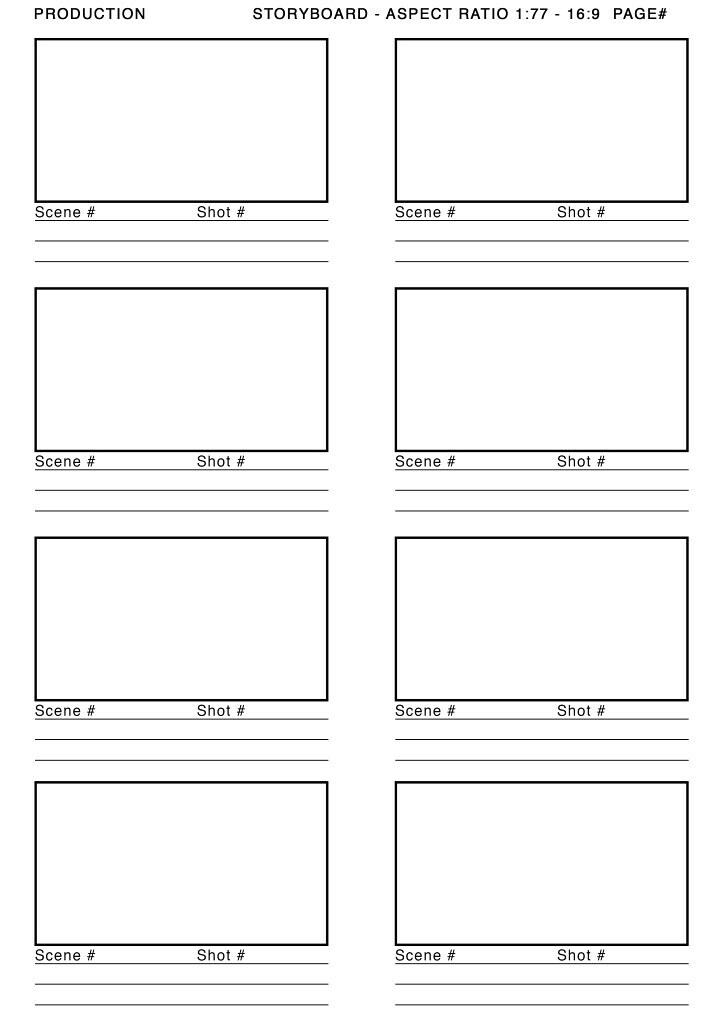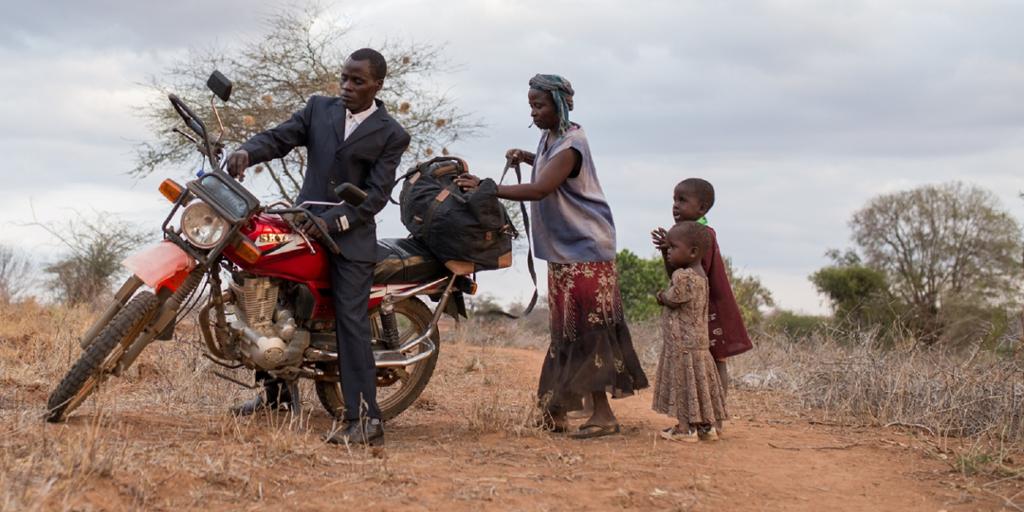Tasks: Thank You for the Rain
- How would you describe Kisilu as a person? And how would you describe his wife?
- How would you describe their day-to-day life? Point out some of the daily challenges they are facing.
What is Kisilu's motivation for doing the work he does? Describe some of the major obstacles Kisilu faces in pursuing his climate change work.
- From what you see in the film, what is the most appropriate term: 'global warming' or 'climate change'?
- What is Kisilu's response to the Paris Agreement? What frustrates him? What is his proposal to the leaders of the rich world?
- How does Kisilu change over the course of the film? With regard to the question of climate change, would you describe him as an optimist, pessimist, or realist?
- The film starts and ends with one of Kisilu's video diary entries and a community meeting. What do you think is the intended effect of this choice?
- Are there any scenes in the film that make you angry? Are there any scenes in the film that make you smile?
- Does the film take a side? In what ways is taking a side in the film helpful or challenging? Are there any voices missing from the film? Does this detract from the film's truthfulness?
- Would you say that the personal narrative perspective helps or hinders the presentation of the issue?

Go back to the film again and watch the dramatic scenes where the rain finally comes and the roof is blown off the house. (Start: 18 min - end: 24 min.)
Select seven to ten still images from the clip. Copy the pictures into a Word document and create a storyboard that summarises the events of this clip. Below each image, add information about the dialogue, the composition of the picture, and the cinematic techniques that are used by the director to reinforce her message.
- Use the still images from the storyboard in the previous task as a starting point. Imagine that these clips are part of a short story or a novel that you are writing. Write a creative text that starts with the sentence "Then, the rain finally came". You are free to choose a first-person or third-person narrator. Make sure that you describe the scene in detail.
Kisilu refuses to give up his work in the community, despite the disappointing result in Paris. He continues to spread his message and encourages people not to give up hope.
Write a persuasive speech for Kisilu to deliver to the next community he is visiting.- You now understand the effect climate change has on the poorest and most vulnerable in society, and this has really made an impact on you. Write a letter to the editor where you communicate your point of view, state what needs to change and demand action.
Choose one of the two articles below. Identify the most important information and write a summary of the text. Your summary should be about 250 words.
Text 1: How will African farmers adjust to changing patterns of precipitation? Link to article on mckinsey.com.
Text 2: This is how we can make African agriculture more resilient to climate change. Link to article on weforum.com.
Use the internet and find out more about one of the tasks below. You can either present the information to other students in a group, or you can structure the information you find into a short informative text. Remember to clearly reference your sources.
Task 1.
Planting trees in order to save the environment is not a new idea. Find out more about the following:
- Why is tree planting a good idea for the environment?
- Are there any tree-planting projects other places on the African continent?
- What is 'The Great Green Wall'?
Task 2.
Kisilu is following in the footsteps of other great people.
Find out more about the following person and her movement:
- Who was Wangari Mathai?
- What were her achievements?
- What is the Green Belt Movement?
Task 3.
The international community have many times tried to agree on common goals. Find out more about the following:
- What is the UNFCCC?
- What is IPCC?
- What is the Kyoto protocol and the Paris Agreement?
- What criticism has the Paris Agreement faced?
Using the film as a starting point and a source of inspiration, carry out a Socratic discussion where you dig deeper and find answers to the more important questions in life. You will find more information about Socratic discussions in the box below.
You should spend some time preparing before the discussion: write down your thoughts and ideas, questions you may have, and arguments for your point of view.
Discussion questions could be:
- How do we create a world that is fair for all?
- What constitutes a good life?
- Who is responsible for changing the direction the world is going in?
- What are the most important things in life?
- How much responsibility does one individual have?
Below you will find a list of idiomatic expressions that are all related to weather. See if you can sort them out.
Relatert innhold
A personal and captivating documentary about the consequences of climate change for the poorest and most vulnerable.
An article about the most severe consequences that Africa are facing due to climate changes
